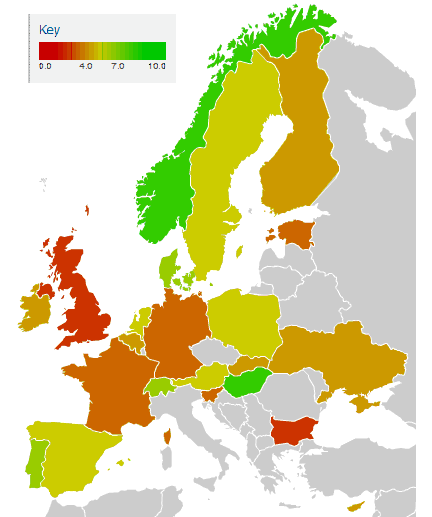The Null Device
2009/1/26
The International Herald Tribune has an article on underground hip-hop in China:
Dozens of hip-hop clubs have opened up in cities across the country, and thousands of raps and music videos by Chinese M.C.'s are spreading over the Internet. But making Chinese hip-hop is still a relatively profitless - and often subversive - activity. Some Chinese rappers address what they see as the country's most glaring injustices.
Shuo chang, the Chinese word for hip-hop, translates to "speak sing" and is a loaded term. It also describes a contentious subject for musicians, producers and fans in China. Hong Kong, mainland and Taiwanese pop stars who have their own spin on hip-hop dominate the mainstream here. Many tack high-speed raps onto the end of their songs, even ballads, and consider themselves rappers.Of course, fans of mainstream rap—clean, professional and uncontroversial enough to get played on Government-approved radio—would beg to differ:
Jay Chou, a popular pop singer turned rapper from Taiwan who has been featured in advertisements for Pepsi, Panasonic and China Mobile, is the archetype of a mainstream performer here. Clean-cut and handsome, he appeals to a sense of nationalist pride. His hit song "Huo Yuanjia" is based on a patriotic Chinese martial artist glorified in Chinese textbooks for traveling the country to challenge foreigners in physical combat. Fans of Chou vehemently assert that his music is hip-hop, while denigrating groups like Yin Tsar.
"I don't know what groups like Yin Tsar are trying to do," said Hua Lina, 35, an accountant. "They dress like bums, and sometimes they take off their shirts at performances, screaming like animals. Their lyrics are dirty - why would I want to pay to see that?"While the media in China is tightly controlled, and the internet is notoriously monitored by armies of censors, the country's music clubs are generally left alone, so those who don't mind reaching a small audience at a time can say more or less what they like.
An Europe-wide study has shown that, of all the countries in Europe, Britain has the lowest levels of "trust and belonging" amongst under-50s.
The ESS tries to measure trust and belonging by comparing answers to questions such as these:
- Generally speaking, would you say that most people can be trusted, or that you can't be too careful in dealing with people?
- Do you think that most people would try to take advantage of you if they got the chance, or would they try to be fair?
- Would you say that most of the time people try to be helpful or that they are mostly looking out for themselves?
The researchers suggest that our low "trust and belonging" score may be "the result of the development of a highly individualistic culture in the UK". Basically, the suggestion is that we are in danger of becoming the most selfish nation in Europe.That's one explanation, that the low level of trust is symptomatic of Thatcherite-Blairite Hobbesian anglocapitalist values, where man is expected to be wolf to man (after all, were this not the case, that would be grossly inefficient and uncompetitive). Other factors could include greater geographical mobility (a society of immigrants, expatriates and the global superrich would be less cohesive than a tightly-knit local society). Interestingly enough, the countries with the highest level of trust and belonging in Europe appear to be Denmark and Norway (Sweden, it seems, has pulled away towards high-Gini competitive individualism, undoubtedly buoyed by the success of Ikea, H&M and a dozen supercool indie-folk and fashion-electro bands); could this be a reflection of the vaunted Scandinavian egalitarianism and/or the internalised repression of individualism of the Jante Law, or just of more homogeneous societies?
